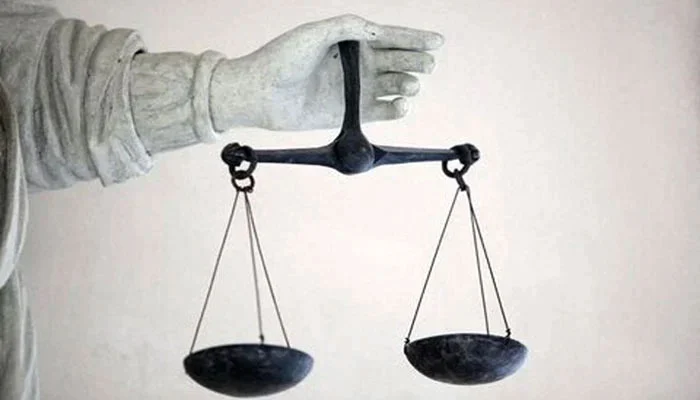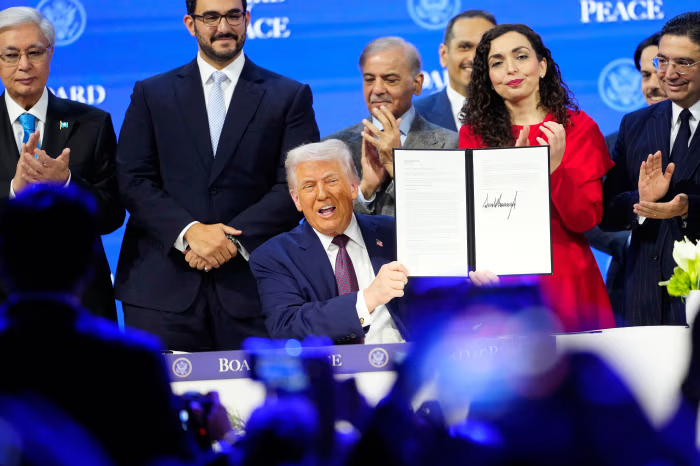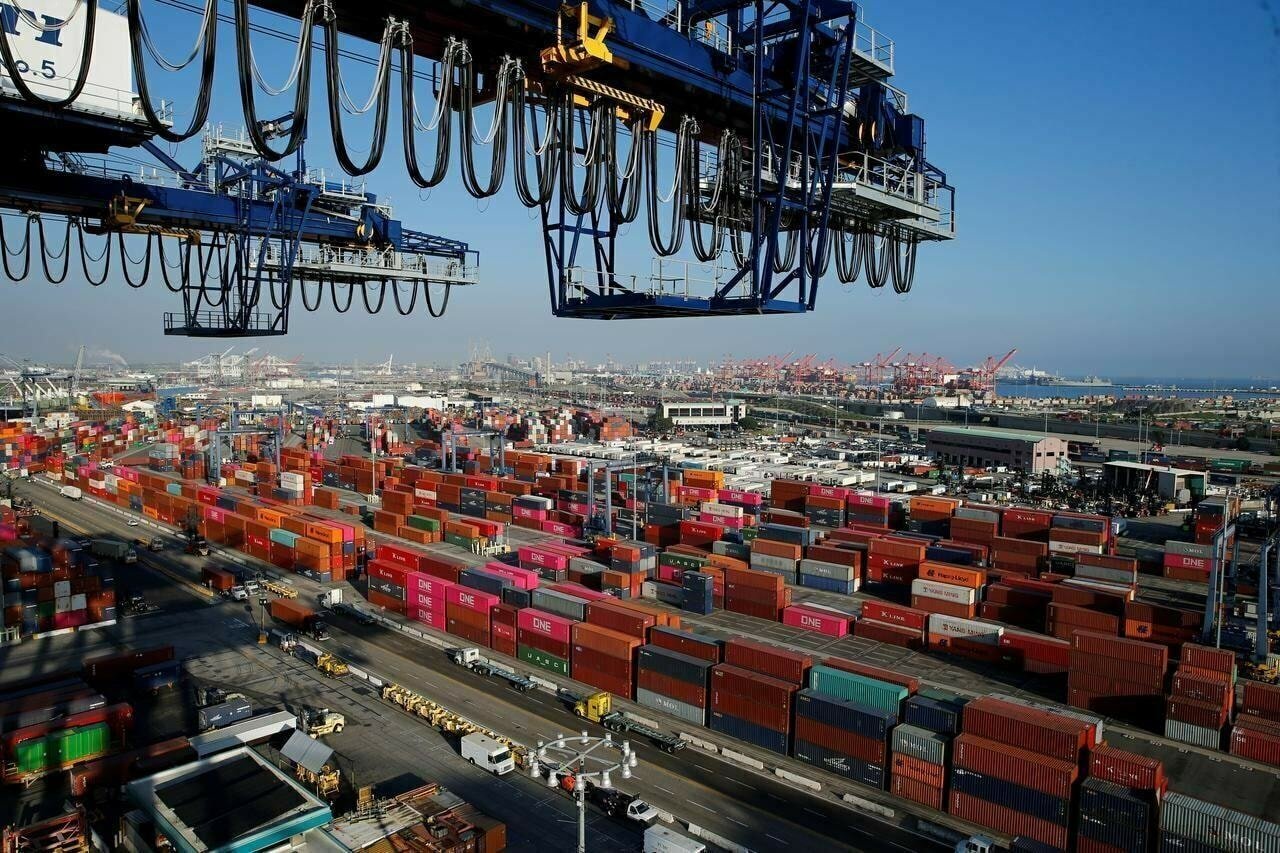Masood Khalid Khan
Managing religious narratives emerging from mosques and madressahs has long been one of Pakistan’s most delicate governance challenges. For decades, the pulpit — meant to guide moral and spiritual conduct — has too often been used to spread intolerance, sectarian hatred, and political rebellion. From fiery sermons that incite hostility to movements that challenge the writ of the state, the misuse of religious platforms has left a deep imprint on Pakistan’s political and social history. The tragic Lal Masjid episode remains a haunting reminder of what happens when state authority collides with militant religiosity.
The recent crackdown on the Tehreek-i-Labbaik Pakistan (TLP) once again highlights the fragility of this balance. After repeated instances of street violence, hate speech, and open defiance of law, the state finally acted to ban the organisation. Yet, the aftermath of this decision revealed another sensitive dilemma — the fate of over 400 mosques and madressahs previously controlled by the group in Punjab. Initially, the provincial government planned to place these institutions under the Auqaf Department’s control. However, strong objections from senior Barelvi clerics, who feared their mosques might be handed to rival sects, forced a reconsideration. The administration has now chosen to entrust their management to moderate scholars, led by Mufti Muneeb ur Rehman, alongside the announcement of stipends for over 65,000 mosque imams across the province.
Follow Republic Policy on YouTube
While this move aims to restore order and prevent extremist takeovers, it also raises important constitutional and moral questions. How far should the state go in regulating religious institutions without infringing upon freedom of faith and expression? In some Muslim-majority countries — including Saudi Arabia, Iran, and Turkiye — the state plays a central role in supervising religious affairs. Imams are officially appointed, sermons are vetted, and state oversight ensures ideological conformity. Such systems, while ensuring stability, leave little room for pluralism or independent thought.
Pakistan, with its diverse sectarian landscape and democratic aspirations, must tread carefully. Attempts to regulate religious discourse are not new. Even during the 1960s, governments tried to control mosque loudspeakers, restricting their use to the call for prayer and Friday sermons. More recently, the National Action Plan (NAP) sought to register and monitor madressahs in response to rising religious extremism. Despite these initiatives, challenges persist, as the TLP’s street power and the influence of sectarian preachers demonstrate.
Follow Republic Policy on Facebook
It is clear that some degree of state oversight is necessary, but the key lies in defining its boundaries. The state has both a duty to protect citizens from hate speech and violence, and a responsibility to respect religious freedom. The line must be drawn where clerics or institutions promote violence, instigate rebellion, or spread hatred against any sect, religion, or community. In these cases, decisive state action is not only justified but essential. Unfortunately, Pakistan’s record on this front has been inconsistent. Authorities often act only after unrest breaks out, instead of preventing it through proactive monitoring and engagement.
Follow Republic Policy on TikTok
Beyond controlling incitement and hate speech, the government must avoid overreaching into religious rituals or interpretations. The state should not dictate the content of every sermon or penalise imams for expressing differing views, unless those views promote violence. Excessive interference risks politicising faith and alienating communities who already feel marginalised. The goal should not be to silence religion, but to prevent its exploitation for political or violent agendas.
Follow Republic Policy on Instagram
Striking this balance requires a framework rooted in dialogue and consensus. Engaging respected scholars, religious councils, and community elders can help establish a national code of conduct for religious discourse. Such collaboration will lend legitimacy to state efforts and reduce perceptions of coercion. Moreover, training programs for imams and teachers at madressahs can help modernise religious education and build awareness about constitutional values, civic responsibility, and peaceful coexistence.
Follow Republic Policy on WhatsApp Channel
Ultimately, the state’s legitimacy depends on fairness, not force. Where necessary, it must act decisively against those who incite hatred or defy the law. But lasting peace will only come from an informed and cooperative religious leadership that recognises its moral duty to promote harmony. Pakistan’s mosques and madressahs can either be citadels of unity or battlegrounds of division — the choice lies in how the state manages this delicate relationship.
Religious freedom and national stability are not mutually exclusive. They can coexist if the state respects faith while ensuring that no one misuses it to divide society or challenge lawful authority. Pakistan’s future as a stable, democratic, and tolerant nation depends on finding this balance — between belief and governance, between the mosque and the state.















